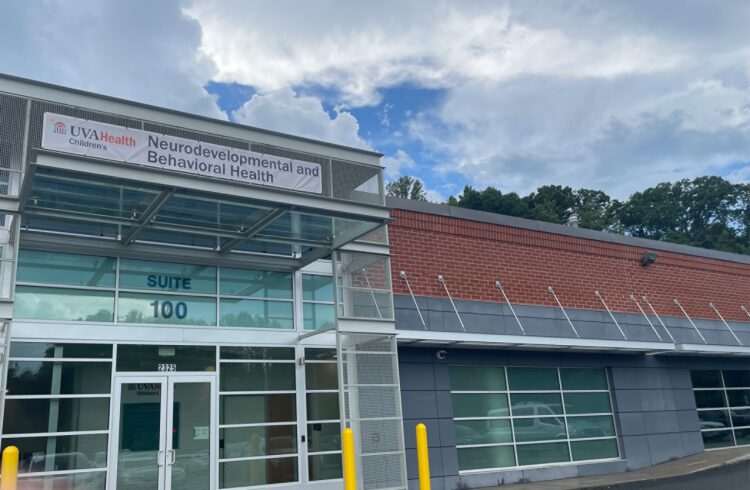
The University of Virginia School of Medicine is partnering with Southwest Virginia community groups to test a web-based program called iSIPsmarter, designed to reduce the consumption of sugary drinks among adults in the region.
This study is funded by a five-year, $3.4 million grant from the National Institute of Minority Health and Health Disparities and is part of ongoing efforts by a UVA team led by Jamie Zoellner, PhD, RD, to work with Southwest Virginia residents to improve the region’s health. Partners working to promote and test the program include the Community Health Center of the New River Valley, Mountain Empire Older Citizens, TriArea Community Health and the Virginia Department of Health.
Addressing Health Problems Related to Sugary Drinks
Adults in Southwest Virginia drink two to three times more sugary drinks than the average American, making them more likely to face a range of associated health conditions.
“Health conditions such as diabetes, heart disease, obesity, and cancer are directly related to sugar consumption, and those health problems are comparatively high in MEOC’s rural service area,” said Judy Miller, Care Coordination Director at Mountain Empire Older Citizens in Big Stone Gap. “iSIPsmarter will have a positive impact on participants who follow the program’s action plans to decrease the amount of sugar consumed in drinks,” she said.
iSIPsmarter evolved from the original SIPsmartER health education program delivered in several Southwest Virginia counties, which was designed to help residents improve their diets and achieve a healthier weight. These counties saw reductions in sugary drinks of about 20 ounces per day, helping some people lose weight and improve their quality of life. By combining the lessons learned from SIPsmartER with modern technology – such as providing health information online and through text messages – iSIPsmarter is designed to be more convenient for busy people
Michael Wampler, Executive Director of Mountain Empire Older Citizens, said the online program fits well with his organization’s goals.
“MEOC’s mission emphasizes wellness, including physical, mental and spiritual wellness, so we are always looking for ways to help those we serve achieve a healthier lifestyle,” he said.
Erin Shaffer, Behavioral Health Supervisor at the Community Health Center of the New River Valley, hopes the program will impact family health. “Partnering with the iSIPsmarter program will allow us to educate patients and engage them in healthy lifestyle changes that will impact their overall health and the health of their family,” she said.
How to Get Involved
“Our experience in the region shows that reducing sugary drinks is one of the first and most important steps to improving overall health,” Zoellner said. “We think this free, web-based program will increase residents’ access to personalized and evidence-based health education. Also, no travel or in-person visits are required to join the program, which is especially important during the ongoing COVID pandemic.”
Southwest Virginia residents can join the study by visiting isipsmarter.org and completing an interest screener.
About the NIMHD
One of the 27 Institutes and Centers of the National Institutes of Health (NIH), NIMHD addresses health disparities in health status and health care delivery for rural, low-income, racial, and ethnic minority groups and other populations.



